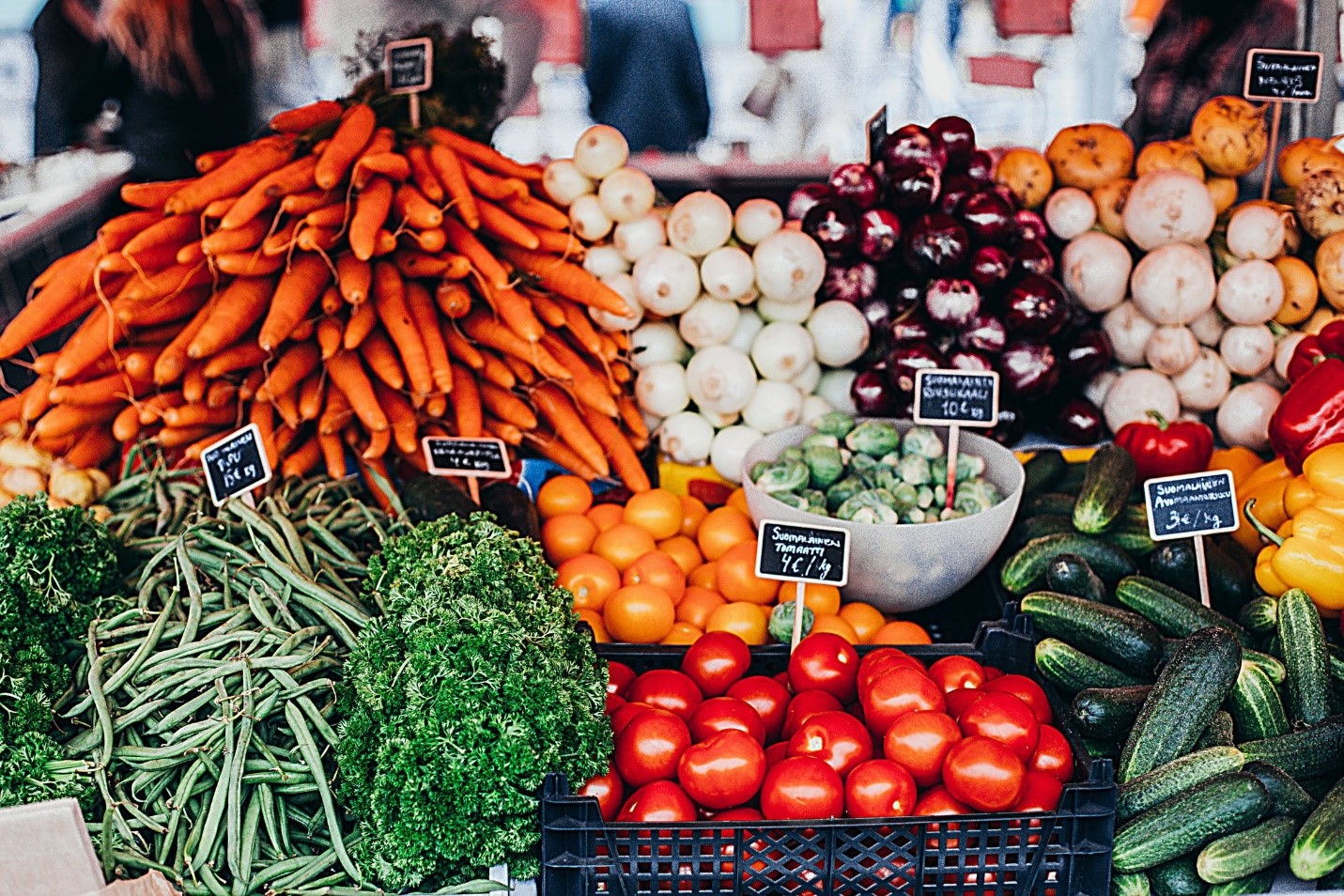Volunteering abroad provides you with a true experience of a lifetime. You’ll learn and experience more than you could have ever imagined and make memories that will never be forgotten. Meeting new people, experiencing new cultures and ways of life, and learning new skills are just some of the big takeaways from volunteering abroad. So, if you ever have the opportunity to travel abroad for volunteer work, do so!
New Perspectives
Volunteering locally is an incredible thing and has its own important role in our society. However, volunteering abroad will open your eyes to an entirely new world. Your mindset will most likely change, and at the very least be challenged. Local languages, foods, and a different way of life will truly be an educational adventure. On most abroad volunteer trips, spending time with local villagers is integral to the experience and they do everything they can to make volunteers feel welcomed. At the end of the trip, you may find it difficult to say goodbye.
Personal Growth
You will learn to not take things for granted that you have back home, whether it be a bed to sleep in, a car to drive or the friends and family you have in your life. New skills will be learned, and existing ones will become stronger. You will learn to become more responsible, patient, confident and determined. Working as a team is a huge part of volunteering abroad, which is a trait that will help you in whatever career path you are on.
The Takeaway
Upon return from volunteering abroad and when planning future trips, you may find yourself looking for more than just a typical vacation. It is very possible to fall in love with a volunteer experience abroad, so for those with the financial means, annual trips become part of who they are. No matter how many times you can donate your time and talents to those in need, the positive impact on your life and the lives of those you meet is indelible.






